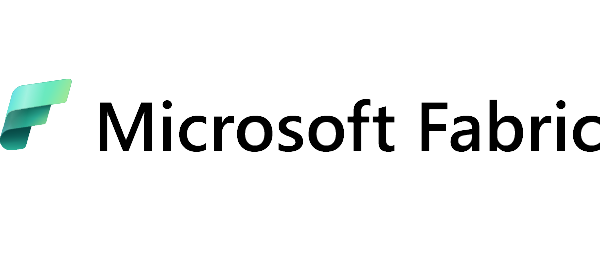
Today’s organisations increasingly recognise the importance of sustainability and the implementation of ESG (Environmental, Social, Governance) strategies. A responsible approach to the environment, society and corporate governance has become key to building competitive advantage. In this context, data analytics plays a key role, and the Microsoft Fabric platform offers advanced tools that can help companies effectively meet ESG goals.
Microsoft Fabric – a comprehensive analytics platform
Microsoft Fabric is an integrated analytics platform that combines data analysis, storage and visualisation tools in a single ecosystem. This enables organisations to manage large data sets effectively and generate valuable information to support strategic decisions.
What is an ESG strategy?
The ESG (Environmental, Social, Governance) strategy is a business approach that emphasises three key areas: environment (Environmental), society (Social) and corporate governance (Governance). Under this strategy, companies focus on minimising negative environmental impacts, supporting social initiatives and building transparent and ethical governance structures.
ESG goes beyond traditional financial objectives to incorporate social responsibility and sustainability values into an organisation’s operations. This strategy is becoming increasingly important not only because of rising consumer and investor expectations but also because of regulation and the need to adapt to global challenges such as climate change and social inequality. Good ESG practices allow companies to build a competitive advantage and increase stakeholder trust and long-term corporate value.
How does Microsoft Fabric support ESG strategies?
1. Monitoring and reducing the carbon footprint:
- Thanks to its advanced data analysis features, Microsoft Fabric enables real-time CO₂ monitoring.
- Integration with IoT data allows information to be gathered from devices and systems to identify areas for optimisation.
- Automation of emissions reporting in accordance with regulations and international standards, such as GHG Protocol.
2. Supply chain analysis:
- Microsoft Fabric supports data analysis of complex supply chains, identifying environmental and social risks.
- It allows you to track suppliers’ sustainability performance and select those that meet specific ESG standards.
3. Support data-driven decisions:
- The platform integrates with AI and machine learning tools to predict ESG trends and identify opportunities for process improvement.
- Built-in visualisations in Power BI, available in Microsoft Fabric, help communicate the results of ESG strategies internally and externally – e.g., to investors.
4. ESG reporting:
- Microsoft Fabric enables the creation of automated, guideline-compliant ESG reports that consider key metrics such as greenhouse gas emissions, energy consumption and workplace diversity.
5. Education and employee engagement:
- Companies can create interactive dashboards and reports that engage teams in sustainability efforts.
- Transparency of results supports the building of an ESG culture within the organisation.
Example of application in practice
Imagine a manufacturer in the FMCG sector implementing an ESG strategy. With Microsoft Fabric, it can:
· Monitor energy consumption in factories at different locations and optimise production processes.
The platform enables real-time data collection from industrial automation systems to identify energy-intensive processes and implement more efficient solutions. This allows the manufacturer to reduce operating costs while reducing environmental impact.
· Analyse supply chain data to reduce transport emissions.
Using data from logistics systems, the company can optimise delivery routes, reducing the number of journeys and fuel consumption. In addition, supplier data analysis makes it possible to select sustainable partners, increasing the transparency of the entire value chain.
· Create ESG reports for investors and regulators based on real-time data.
The company saves time and resources by automating reporting processes and generating detailed analyses of greenhouse gas emissions, water consumption, and waste levels. Such reports, which comply with international standards, enhance the company’s credibility in the eyes of investors and meet regulatory requirements.
· Monitor employee involvement in ESG activities.
Through interactive dashboards, Microsoft Fabric lets you track and visualise employees’ progress on ESG initiatives, such as reducing office waste or participating in community projects. This helps build a culture of engagement and shared responsibility for company performance.
· Forecast the impact of implemented actions on business performance.
Embedded AI tools analyse historical and current data to predict how specific ESG initiatives will impact costs, revenue and stakeholder satisfaction. This enables the company to make strategic decisions based on complex data, increasing its efficiency and competitiveness.
Why implement Microsoft Fabric in your ESG strategy?
Sustainability and data analytics are an integral duo in pursuing ESG strategies. Microsoft Fabric empowers companies to effectively manage data and make informed decisions, supporting a responsible approach to business.
The platform simplifies working with data and helps companies operate more responsibly while increasing their operational efficiency. By combining advanced technology with ease of use, Microsoft Fabric is becoming a key tool for companies looking to build a sustainable future.


